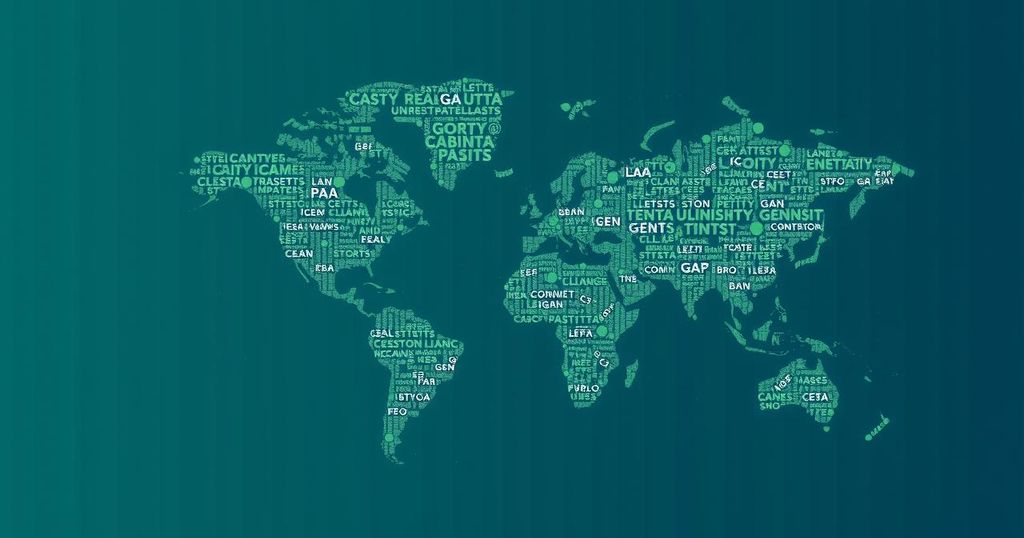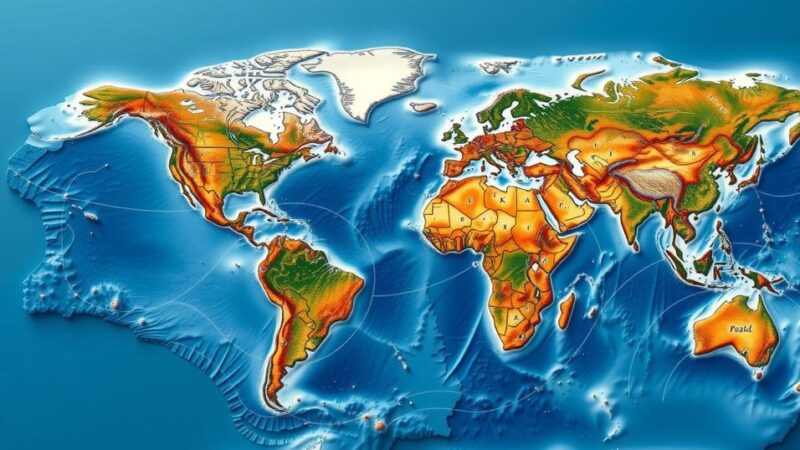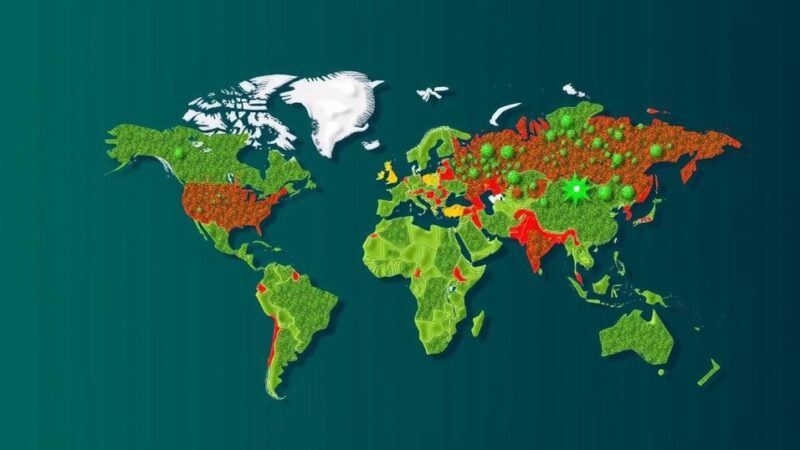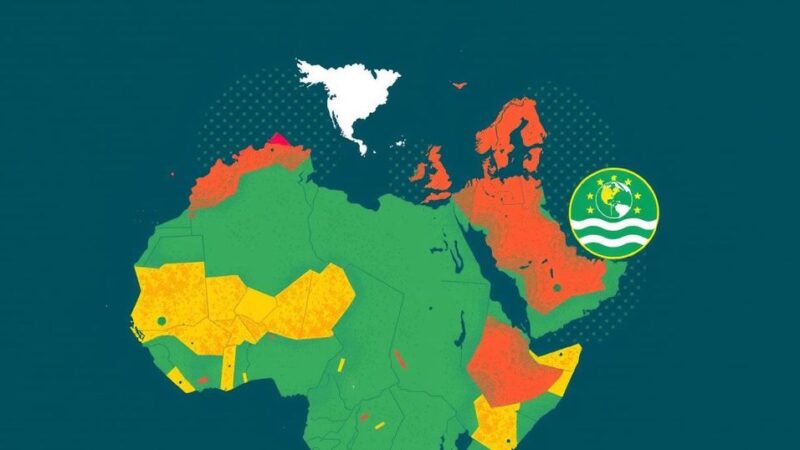COP29 concluded with significant controversy over the new climate finance goal, which has been criticized as grossly inadequate. The agreed goal of $300 billion by 2035 is far less than the estimated $1.3 trillion needed to effectively combat climate change, and many stakeholders expressed their outrage at the lack of progress and financial commitment from developed nations towards vulnerable countries.
The conclusion of COP29 on 23 November was marred by controversy as the new climate finance goal was approved without substantial discussion, undermining trust in the UN’s climate efforts. This comes as a significant disappointment, with the agreed sum of $300 billion by 2035 grossly insufficient compared to the estimated $1.3 trillion required to effectively address the climate crisis. Reports indicate that developed nations, instead of advancing meaningful financial commitments, continued to employ tactics that favored the status quo, leaving developing countries to grapple with climate impacts largely unattended.
The dissatisfaction from various global organizations reflects the sentiment that COP29 fell short of its purpose as the so-called “Finance COP.” Representatives from the Global South expressed outrage over what they characterized as a betrayal of the promises supposed to be upheld by wealthier nations. Key experts voiced their dismay, stressing that the approved financial figures merely amounted to a fraction of what is truly needed, especially for vulnerable communities already facing the harsh realities of climate change.
Notably, Catherine Pettengell from Climate Action Network UK stated, “This is a bad deal for countries and communities on the frontline of the climate emergency”. This sentiment was echoed by others including Liz Cronin from CAFOD and Ben Wilson from SCIAF, who criticized the Global North’s failure to provide necessary funding. Additionally, the deal’s reliance on loans rather than grant-based financing exacerbates the financial burdens on already strained countries.
As COP30 approaches, the need for developing nations to see a commitment to transparent and substantial financial support is critical. The failure at COP29 signals an urgent call for wealthier countries to reassess their responsibilities and to act in accordance with the dire needs of the Global South in combating climate change effectively. The perspectives of those on the frontline, including youth voices like Maxwell from South Sudan, emphasize that the consequences of inaction will continue to threaten their futures
In summary, COP29’s conclusion has highlighted severe shortcomings in climate finance negotiations, marking a pivotal moment for future discussions. The outcry from various stakeholders underlines the urgency for genuine and immediate action by developed nations to honor their commitments. The dissatisfaction surrounding the inadequate financial target set for 2035 calls for renewed determination leading into COP30 to address the looming climate crisis responsibly and effectively. Long-term goals for sustainable climate financing must become a priority to ensure equitable climate action worldwide.
The COP (Conference of the Parties) meetings are pivotal global events focused on addressing climate change and are crucial for implementing the Paris Agreement. COP29, held in Azerbaijan, specifically aimed to finalize a new climate finance goal, intended to provide financial support to developing countries facing the worst impacts of climate change. However, the COP29 negotiations have been widely criticized for failing to reach an adequate financial commitment, leaving even the most vulnerable nations at risk. As these countries continue to suffer from increasingly severe climate impacts, the discussions at COP29 have raised questions about the effectiveness and accountability of developed nations in fulfilling their financial obligations.
The outcomes of COP29 reflect a troubling setback for global climate finance, with the agreed-upon target deemed inadequate amidst escalating climate crises facing the Global South. The lack of substantive financial commitments from developed countries has prompted widespread criticism, revealing a systemic disregard for the urgent needs of vulnerable communities. Heading into COP30, it is essential that developed nations not only acknowledge their previous inadequacies but also demonstrate a renewed commitment towards supporting those disproportionately affected by climate change.
Original Source: www.thecanary.co






